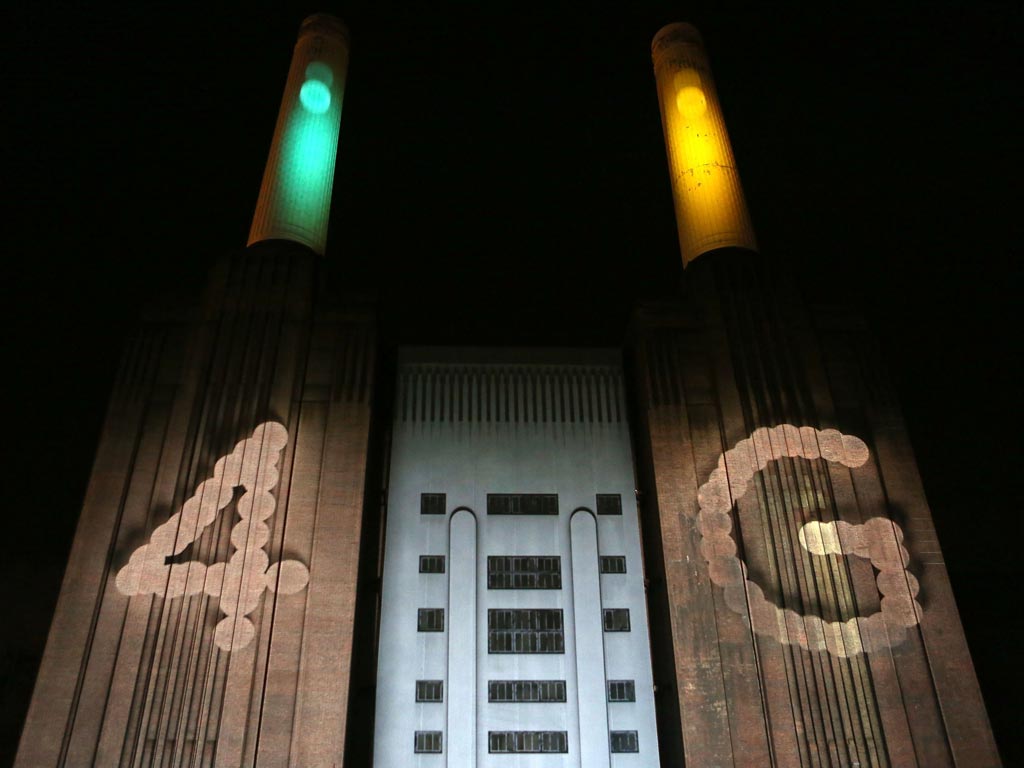Customers face paying four times more for 4G services in proposed price hikes
An Ofcom consultation suggests fees paid by mobile phone networks could quadruple

Your support helps us to tell the story
From reproductive rights to climate change to Big Tech, The Independent is on the ground when the story is developing. Whether it's investigating the financials of Elon Musk's pro-Trump PAC or producing our latest documentary, 'The A Word', which shines a light on the American women fighting for reproductive rights, we know how important it is to parse out the facts from the messaging.
At such a critical moment in US history, we need reporters on the ground. Your donation allows us to keep sending journalists to speak to both sides of the story.
The Independent is trusted by Americans across the entire political spectrum. And unlike many other quality news outlets, we choose not to lock Americans out of our reporting and analysis with paywalls. We believe quality journalism should be available to everyone, paid for by those who can afford it.
Your support makes all the difference.Consumer groups are concerned that a proposed 400 per cent rise in the fee mobile networks are charged for offering 4G could be loaded onto their customers.
Ofcom has published a consultation that could see the fees paid by mobile network providers quadruple for the 900 MHz and 1800 MHz spectrums that are used for voice calls, 3G and some 4G services.
An industry expert from uSwitch, Adam Kirby, said: "The size of these figures may come as bad news to the mobile networks, but more worryingly could sound alarm bells for consumers. Our concern is that it will be mobile users who are left to foot the bill -- and it isn’t clear if there will be any direct benefits to them."
The proposals could see 02 and Vodafone’s fee to run super-fast 4G services climb to £83.1m from £15.6m, with Three’s fee tripling to £35.7m from £8.3m. EE, the first firm to introduce facility to customers, would see its rates skyrocket from £24.9m to £107.1m.
The increased fees could allow the UK Treasury to raise an additional £250m a year, with officials stating that the raise is simply intended to reflect market values in Europe.
The price hikes are not currently guaranteed but are likely to come into effect next year according to Ofcom, and it is likely network suppliers will resist the changes before the consultation closes on 19 December 2013.
The increases have been described by mobile operators as "excessive" with Vodafone commenting that "the regulator should be encouraging such private sector investment in infrastructure and new services like 4G, which will benefit consumers, businesses and the wider British economy for many years to come."
The current spectrum pricing dates back to the mid-1980s and 1990s when 2G mobile connections were standard. The proposed changes are intended to reflect the increased value of the spectrum as 2G connections have been replaced by faster 3G and 4G networks. Prices were last increased in 2000.
Join our commenting forum
Join thought-provoking conversations, follow other Independent readers and see their replies
Comments